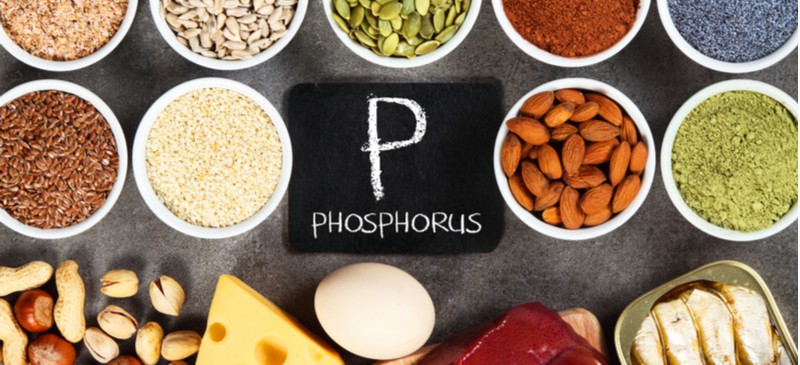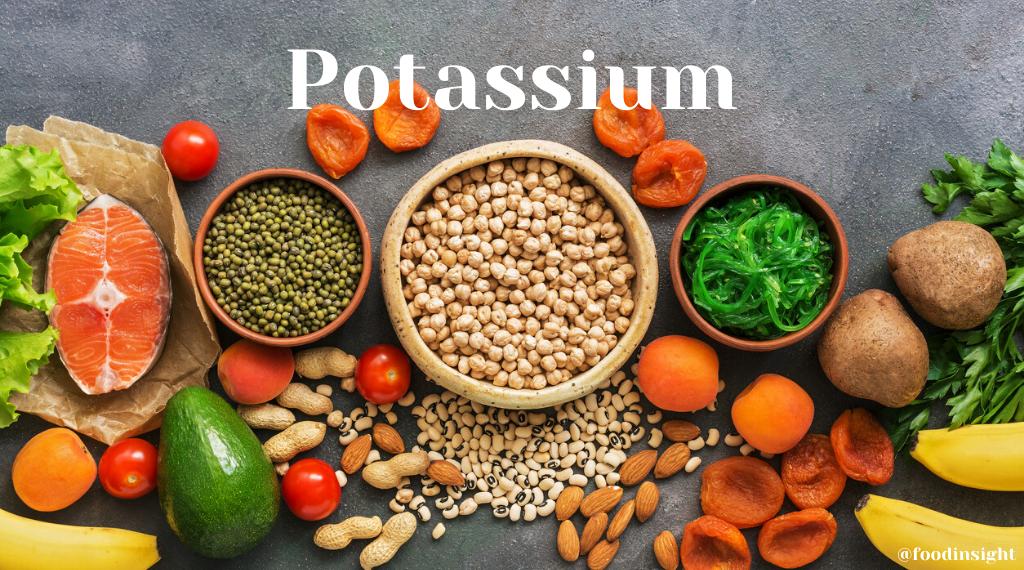Balancing Key Nutrients in Chronic Kidney Disease
.jpg)
Chronic kidney disease (CKD) is marked by long term, irreversible loss of function. Since it is irreversible, what we can do is only slow down its progress to end-stage renal disease (ESRD) which requires dialysis. Diabetes and high blood pressure are the most common causes of CKD. For the person having diabetes or high blood pressure, working with doctor to keep blood sugar and blood pressure under control is the best way to prevent kidney disease.
Why is good nutrition important for people with CKD?
Making healthy food choices is important to us all, but it is even more important if you have chronic kidney disease. Good nutrition gives you energy to:
– Do your daily tasks
– Prevent infection
– Build muscle
– Help maintain a healthy weight
– May keep your kidney disease from getting worsen
Will I need to control any other nutrients?
When your kidneys are not working as well as they should, waste and fluid build up in your body. Over time, the waste and extra fluid can cause heart, bone and other health problems.
You may need to balance fluids and other nutrients. There are:
– Sodium
-Phosphorus
-Potassium
SODIUM
Sodium is a mineral found in most foods. It is also found in table salt. Sodium affects blood pressure and water balance in body. If your kidneys do not work well, sodium and fluid build up in your body. This can cause high blood pressure and other problems, like swelling of ankles.
You can limit sodium by avoiding table salt and foods such as:
– Seasonings like soy sauce, sea salt, teriyaki sauce
– Most canned foods and frozen foods
– Processed meats like ham, bacon, hot dog, sausage
– Salted snack foods like chips and crackers
POTASSIUM
Potassium is a mineral found in almost all foods. Your body need some potassium to make your muscles work, but too much potassium can be dangerous. When your kidneys are not working well, your potassium level may be too high or too low.
Having too high or too low of potassium can cause muscle cramps, problems with heart beats and muscles weakness.
Use the list below to get some ideas about how to make healthy choices if you need limit potassium.
| Eat this.. (Lower potassium foods) | Avoid this.. (High potassium foods) |
| Apples, cranberries | Oranges, Banana, Avocado, Prunes |
| Carrots, Onions | Potatoes, Tomatoes |
| White rice | Brown rice |
| Cauliflower, lettuce | Dairy foods (milk, yogurt) |
| Beef and chicken | Whole-wheat bread and pasta |
| Beans and nuts |

PHOSPHORUS
Phosphorus is a mineral found in almost all foods. It works with calcium and vitamin D to keep your bones healthy. Healthy kidneys keep the right amount of phosphorus in your body. When your kidneys are not working well, phosphorus can build up in your blood. Too much phosphorus in your blood can lead to weak bones that break easily.
Use the list below to get some ideas about how to make healthy choices if you need limit potassium.
| Eat this.. (Lower phosphorus foods) | Avoid this.. (High phosphorus foods) |
| Italian, French bread | Bran cereals and oatmeal |
| Fresh fruits and vegetables | Dairy foods |
| Corn or rice cereals | Beans and nuts |
| Some light-colored sodas (homemade iced tea or lemonade) | Dark-colored colas |

FLUIDS
You need water to live, but when you have kidney disease, you may not need much water. This is because damaged kidneys do not get rid of extra fluids as well as they should. Too much fluids in your body can be dangerous. It can cause high blood pressure, swelling and heart failure. Extra fluid can also build up around your lungs and make it hard to breathe.
Depending on your stage of kidney disease, your doctor may tell you to limit fluid. To avoid dehydration, let your doctor help plan your fluids intake.






